Scarring doesn't pose any health risks under normal circumstances, but it can make you self-conscious. Small, pink scars and acne scars often benefit from surface treatments like dermabrasion. This treatment uses a coarse material to remove the top layer of skin so healthy, normal skin can grow back in its place. Dermabrasion is just one type of scar treatment. Your doctor may recommend a different treatment depending on your specific scar and its location and appearance.
Schedule an appointment with your dermatologist to determine what type of scar you have, in what area and over what type of wound. Schedule a microdermabrasion treatment if your doctor determines you're a good candidate.
Stop taking prescription blood thinners, over-the counter and prescription pain relievers, anti-inflammatory medications and herbal supplements one week before the procedure, according to the Cleveland Clinic.These medications increase bleeding risk, and lengthen healing and recovery time.
Prepare your skin for treatment by wearing sunscreen and avoiding real or artificial tans for at least a week before treatment. Stop using acne and aging treatments that contain sailicylic acid, Retin-A or other skin resurfacing products.
Plan on seven to 10 days to recover from your treatment. Keep your skin clean and dry. Cover any areas that scab or week with clean gauze. Use the prescription creams your doctor prescribes according to her specific instructions.
Schedule a follow-up treatment to determine how many treatments you'll need to achieve the best possible results.
Related Articles

How to Remove an Eyebrow Tattoo
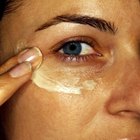
The Best Facial Moisturizers for People ...

What Are the Dangers of Fraxel Repair?

How to Cover a Really Red Scar

Negative Effects of Endermologie

How to Get Rid of Dark Spots Around a ...
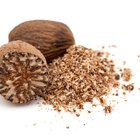
How to Remove Scars With Nutmeg

Removing Acne Scars With Tretinoin Cream

How to Clear Up Red Bikini Line Bumps
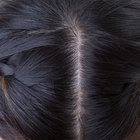
How to Remove Scalp Scars

How to Soothe Waxed Skin
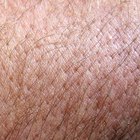
How to Shave Skin Moles
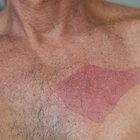
How to Treat a Burn From Nair

How to Prevent Pock Holes From ...
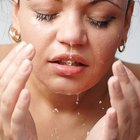
How to Repair Open Pores

Long-Term Health Risks of Laser Hair ...

How to Reduce Facial Redness From ...

How to Get Rid of Irritation From ...

How to Remove Shaving Scars
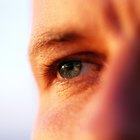
List of Retinoids
References
Writer Bio
A Jill-of-all-trades, Lillian Downey is a certified Responsible Sexuality Educator, certified clinical phlebotomist and a certified non-profit administrator. She's also written extensively on gardening and cooking. She also authors blogs on nail art blog and women's self esteem.